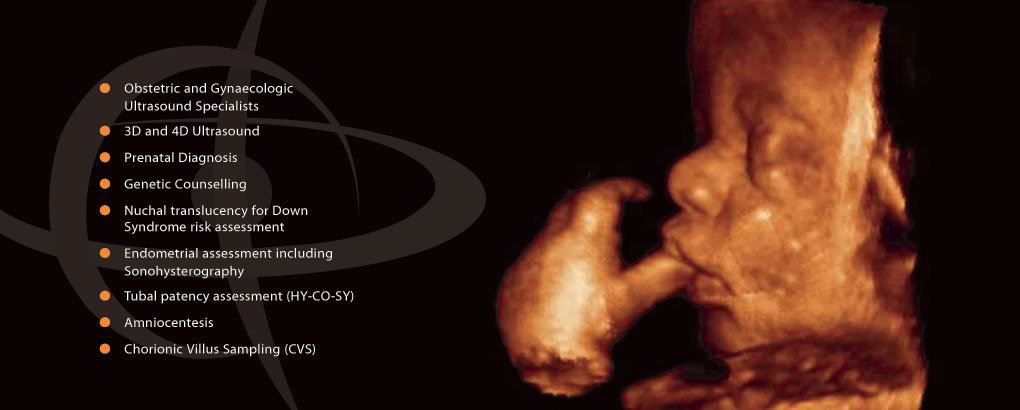Chorionic Villus Sampling (CVS)
11-13 weeks
What is Chorionic Villus Sampling (CVS)?
Chorionic villus sampling (CVS) is a test that checks the pregnancy for genetic abnormalities. The pregnancy can be tested by taking a small sample of the developing placenta. The sample is collected using a slender needle which is inserted through your abdomen and into the placental tissue. The tissue (chorionic villi) is then examined in a laboratory.
What complications may occur?
Most women experience some discomfort during the procedure but it is not severe. Following the procedure if you have any excessive pain of loss of blood or fluid you should contact either the Emergency Department or your own doctor.
The risk of miscarriage in women who have undergone this procedure is estimated at 1 in 100. While CVS has a slightly higher risk of disturbing the pregnancy than amniocentesis, its advantage is that the result is available six to seven weeks earlier in the pregnancy. If a termination is necessary it is a safer procedure in early pregnancy.
The most common reason for doing CVS is to exclude Down syndrome and other chromosome abnormalities in patients who are 37 years of age and over.
It is important to appreciate that no test, even the combination of a CVS and a careful ultrasound scan at 18 weeks guarantees that the baby is normal in every respect.





